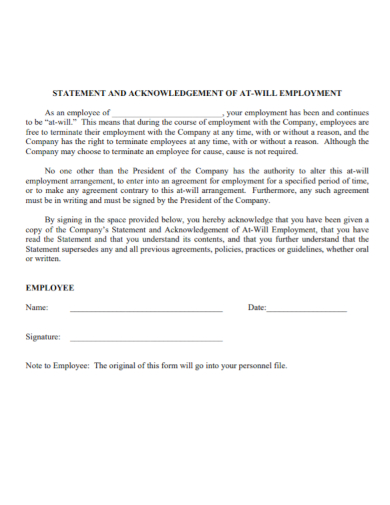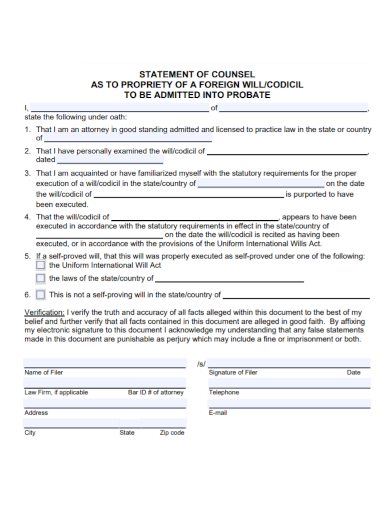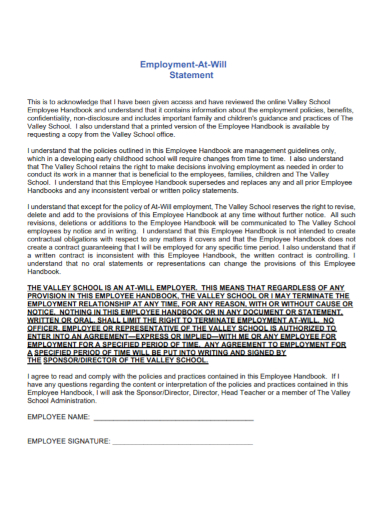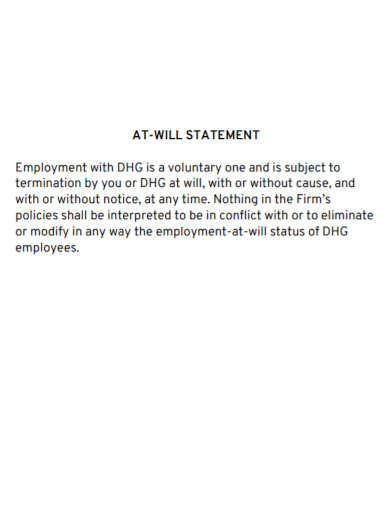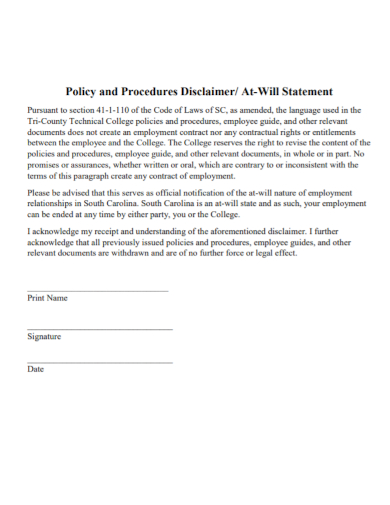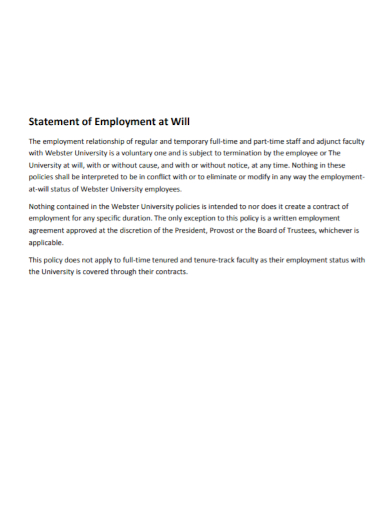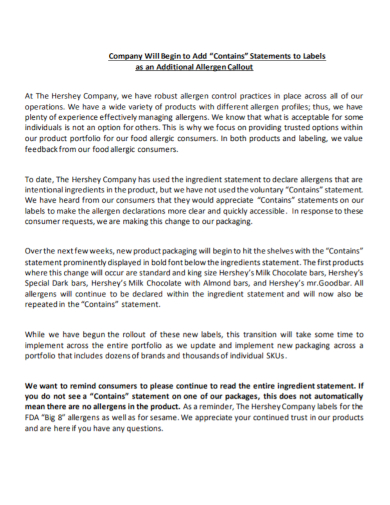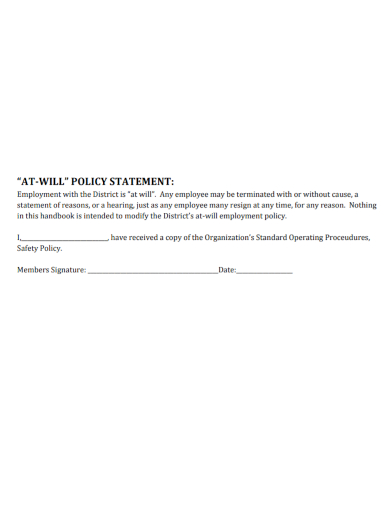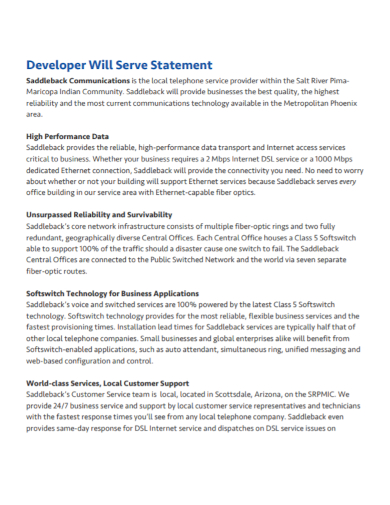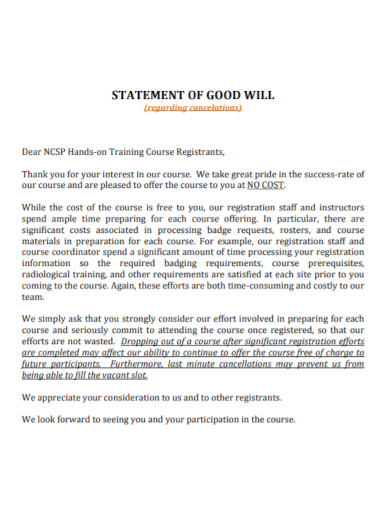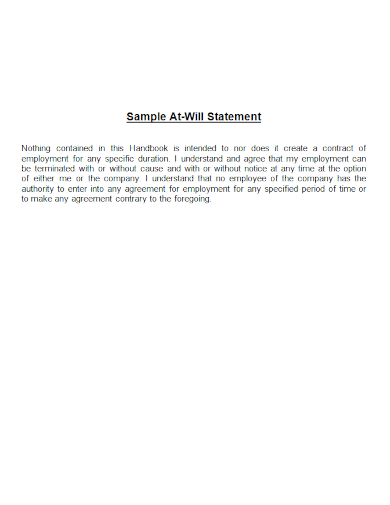Preparing and writing your will right now is probably a far-fetched thought for you to work on right now, especially if you’re still relatively young and healthy. Also, not everyone is comfortable thinking about their demise. However, a will testament is an important document that you can do for your family and loved ones. If you have many assets, you can safely and smartly divide them among your family and friends. You can also assign guardians or caretakers to your family members if some of them are financially dependent on you. A will testament is a document you write when you’re still alive and all the instructions you’ve written will be carried out after your death. Making a will statement will also give you peace of mind knowing your assets are taken care of and your family will be cared for even after you pass away. Writing a will statement might be an intimidating task that requires a lot of fo work, however, writing one isn’t that hard. This article will guide you on how to make a will statement.
10+ Will Statement Samples
1. Statement Acknowledgement of At-Will Employment
2. Propriety Foreign Will Statement
3. Employment At-Will Statement
4. At-Will Statement
5. Policy and Procedures At-Will Statement
6. Statement of Employment At Will
7. Company Will Statement
8. At-Will Policy Statement
9. Developer Will Serve Statement
10. Statement of Good Will
11. Sample At-Will Statement
What is a Will?
A will, also known as the last will, is a legally enforceable document that declares how a person wants their property and assets distributed after they pass away. The will can also recommend a guardian for their minor children or create some provisions for their surviving pets.
How to Make a Will Statement?
1. Start With an Introduction
When you write your will statement, give it a title first. You can title it as “Last will” or simply “Will Statement”. Then include your full legal name and address. In the declaration paragraph, state that you are of legal age and sound mind, that this is your will testament and revoke any previous wills you made and you made this in your own will and you’re not pressured to do so.
2. Designate an Executor
It’s time to designate your executor. They are the ones responsible to represent you and who manage and distribute your assets. You can either choose a friend, family member, attorney, or financial advisor. Make sure they are reliable and trustworthy to be an executor. Don’t forget to also think of how you can compensate your executor.
3. Appoint a Guardian
If you have minor children, name a guardian who will be responsible for taking care of them if ever you are the last surviving parent. You need to name someone willing to do the responsibilities of taking care of your children until they turn 18. Discuss this decision with both your children and the potential guardian, and consider naming an alternate guardian should something happen to your first choice.
4. Name Your Beneficiaries
Beneficiaries are the ones who will inherit your assets after you pass away. They could be your spouse, children, relatives, close friends, etc. Include the full names of your beneficiaries in your will to leave no doubt as to their identity. Whatever you do, don’t name your pet as a beneficiary. Instead, designate a person to care for your pet.
5. Designate Your Assets
Make a list of all your assets, Make sure you don’t leave out a single asset. Then decide who will inherit what. If you plan to disinherit a family member, make sure you name that person in your will and list down the reasons behind your decision.
6. Ask Witnesses to Sign Your Will
After you’re done writing your will statement, ask two or more persons to serve as witnesses. They should be over 18 years old and should not be included as beneficiaries of your will. Sign and date the will in front of them and then have them sign and date the will as well. Consult your attorney if you need to notarize the will since some states require that. In some cases, you might have to ask your witnesses to sign a self-proving affidavit to ensure they have witnesses you signing your will.
FAQs
What are the requirements of making a will statement?
Not everyone can make a will statement right away. There are some requirements one has to follow before being qualified to do it:
- The person making the will, also called the testator, must be at least 18 years old.
- The will must be done in writing either handwritten or typewritten.
- The testator must sign and date the will in front of witnesses who are at least 18 years old.
- Witnesses, however, cannot be beneficiaries of the will.
- The will can either be notarized or not. It isn’t necessary.
If your will does not meet your state’s legal requirements, it will be held invalid by a court.
Who needs a last will and testament?
Any legal adult will benefit from creating a will especially if they have last wishes on what should be done to their assets if ever they pass away. Parents or anyone who have people that are financially dependent on them should create a will.
What information should be included in a will?
The information to include in a will should include the following: assets (such as bank account balances, real estate, investments, retirement plans, life insurance policies, jewelry, artworks, vehicles, and other expensive equipment or gadgets), debts, the names of the beneficiaries, the name of the executor of your estate, and the name of your children’s legal guardian if the children are still minors.
Once you’re done writing your will and it is signed by you and your witnesses, keep it in a safe place such as a deposit box and inform your executor where you’ve kept it. You have to review it every couple of years, especially a life-altering situation has happened to you or your family. To help you get started making the will statement, download our free sample templates above to use as your guide!
Related Posts
FREE 10+ Marketing Problem Statement Samples [ Strategy, Digital, Social Media ]
FREE 10+ Medical Problem Statement Samples [ Surgical, Nursing, Management ]
FREE 10+ Payoff Statement Samples in PDF | DOC
FREE 10+ Scholarship Statement of Purpose Samples in PDF | DOC
FREE 10+ Engineering Problem Statement Samples [ Software, Mechanical, Civil ]
FREE 30+ Information Statement Samples in PDF | MS Word
FREE 50+ Policy Statement Samples in MS Word | Google Docs | PDF
FREE 50+ Summary Statement Samples in PDF | MS Word
FREE 10+ Nursing School Personal Statement in PDF
FREE 9+ Mortgage Statement Samples and Templates in PDF
FREE 10+ Independent Subcontractor Statement Samples in MS Word | Google Docs | Apple Pages | PDF
FREE 10+ Trust Distribution Statement Samples in PDF
FREE 14+ Compliance Statement Samples & Templates in PDF | MS Word
FREE 10+ Extension Impact Statement Samples in PDF | DOC
FREE 10+ Diversity Mission Statement Samples in MS Word | PDF

